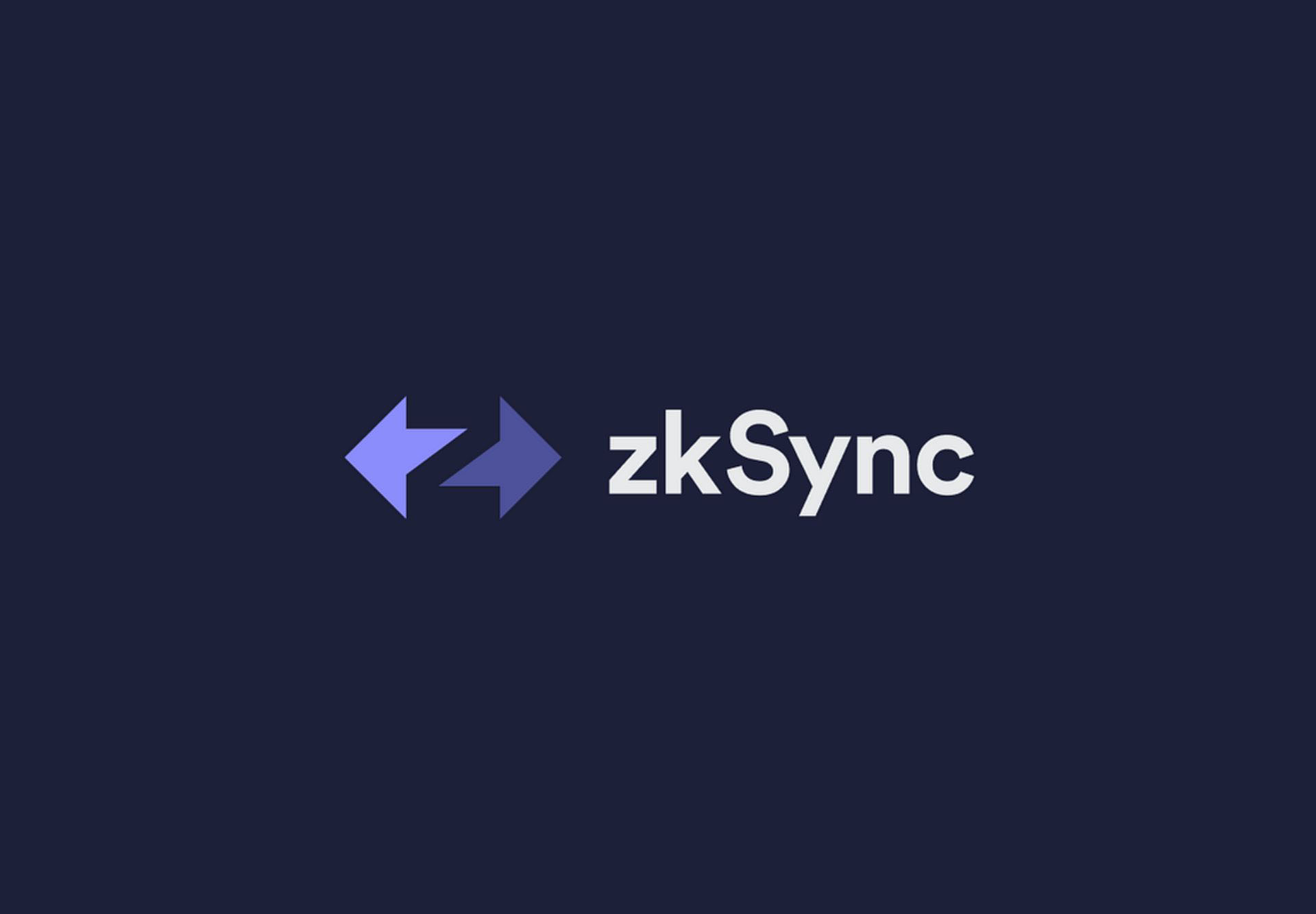zkSync Era, known for its Ethereum zero-knowledge proof scaling system, has released its response to Optimism’s Superchain idea, dubbed the ZK Stack. This groundbreaking system employs recursive scaling and “hyperchains” to formulate an interoperable ecosystem of protocols and sovereign chains.
The innovative ZK Stack comprises a suite of ZK-enabled tailor-made blockchains, referred to as Hyperchains, which function as a fresh layer over the prevailing layer-2 protocol. These chains promise interoperability and composability, delivering nearly instantaneous liquidity transfers and flash loans among the protocols within the system – a feature currently unachievable between L1 blockchains.
Alex Gluchowski, co-founder and CEO of zkSync, explained to Cointelegraph that their new system eliminates the need for inefficient and vulnerable token bridges, which have been exploited in many significant crypto hacks.
This fresh ZK Stack, now open for developers to start building on, already has the first products in development. It’s projected to go live on the testnet by the year’s end. Gluchowski anticipates that while over 95% of DApps will still directly port to the L2, Hyperchains will probably be utilized by projects with specific requirements around privacy, speed, and data availability.
zkSync Era has rapidly gained momentum since its slightly subdued inception, with a total value locked close to $620 million. It now processes 20.8 million transactions monthly, averaging 8 transactions per second and peaking at 12 TPS.
The ZK Stack’s recursive scaling allows transactions to be batched into a ZK proof, followed by a batch of those ZK proofs being condensed into a single proof, achieving increasingly higher compression levels. Consequently, the system can theoretically scale up to meet any demand.
The entire system’s source code is freely accessible under the MIT/Apache license. Although zkSync indicated that several significant partners are set to pilot the system, they remained tight-lipped about specifics. While the ZK Stack theoretically could connect other ZK roll-ups, such as Polygon’s zkEVM, ConsenSys’ Linea, or StarkNet, Gluchowski suggested that this is unlikely, signaling that ZK roll-up interoperability may remain a challenge for now.

